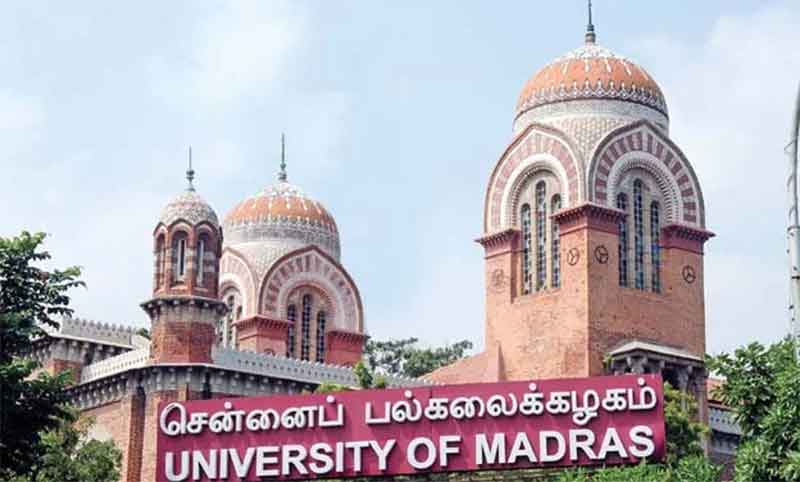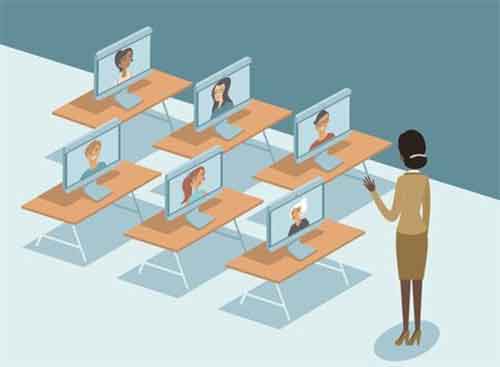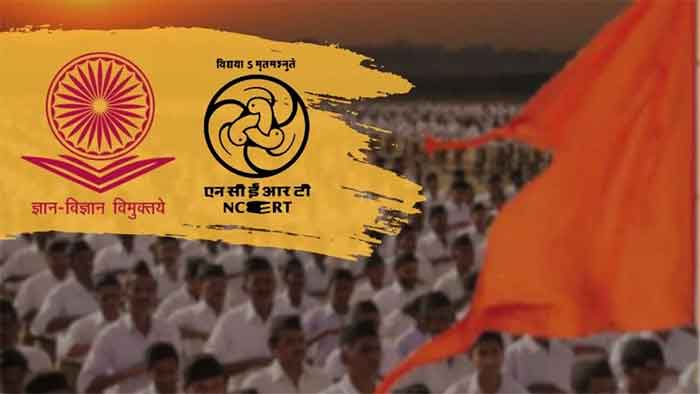
National science day (February 28) once again shifts focus on ‘ scientific temper’ as envisaged in constitution. In the present situation, when all sorts of pseudo -scientific postulations, dogmatism and ‘ scientific religiosity ‘ are gaining momentum, this day assumes additional significance.
Science and disabled
According to indiacelebrating.com, the theme of 2017 was ‘ science and technology for specially abled persons’. Giving importance to persons with different abilities is a positive step. But mere ‘ lip service’ may have very little effect on the lives of disabled persons. In reality, not much has been done to make the theme translate into reality. The condition of spreading science among these persons has been dismal.
One of the most important things that a disabled person desires is ‘ accessibility ‘ of scientific information to the disabled. According to Merilyn J Field and Allan M Jatte ( issues.org) , though there has been significant advance in assisting technology drive towards access to disabled, the obstacles remain which may become crucial to health care.
Education
For disabled persons to demand their right to scientific education, they should need to be educated. There might be some practical difficulties to make the disabled understand some scientific terms. But, they should know that education is very important to understand the scientific concept.
The government should promote and spread awareness programs for disabled. It also should provide disability persons with scientific knowledge of everyday events and how the rich scientific developments must be implemented.
Government programs should ensure that every disadvantaged person of should be able to utilise the scientific inventions.
But, the present government is not very keen in providing either scientific education or accessibility of latest technological tools for immediate use.
Academic education
Disabled, especially visually disabled, are not encouraged to take up science and maths disciplines. They are restricted to humanities study only. This traditional system must change. Though visually impaired ( blind) persons may not conduct laboratory experiments, they may, still study science and try to ‘ visualise ‘ things. They can try to understand the physical changes in experiments through assistance from normal persons. Visually challenged have intuitive mathematical capabilities. Their talent in math can be nurtured.
Scope
Science for disabled offers lot of scope for development. They not only come out of stigma of disability but also, by learning science, they can get rid of the traditional concepts of fate, religious restrictions and limitations in education. Scientific temper will enable them to work for a rational living and logical thought process.
This year, the science day should extend debate on extending scientific learning by the disabled .
Disability is caused by certain scientific reasons. But, differently abled person can be a master in science subjects ! Specially abled persons can be science specialists.
Sheshu Babu is a writer from anywhere and everywhere















































